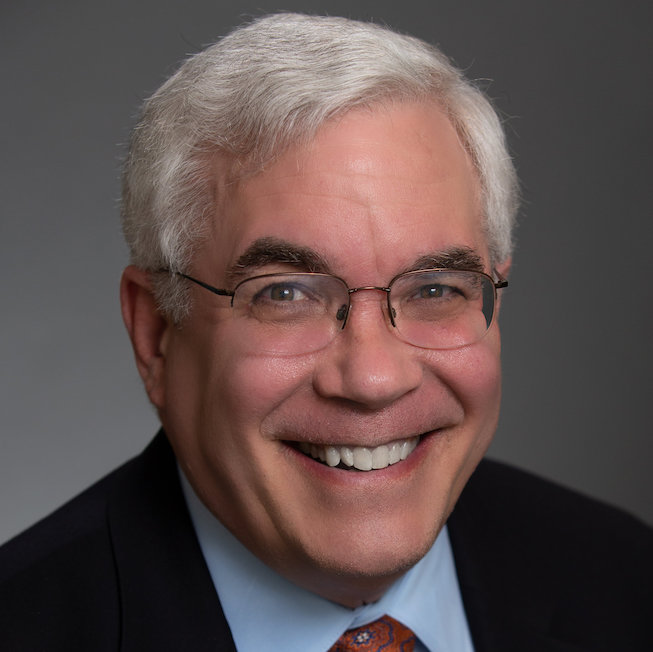2 minutes
 Consider a typical board meeting. There is a call to order, some chairman and CEO remarks, committee reports, a call for old and new business, then adjournment. Did you ever realize a vast majority of what is said aloud in the meeting is exactly the same information provided in written form, begging the question: Was that a "board" meeting or a "bored" meeting?
Consider a typical board meeting. There is a call to order, some chairman and CEO remarks, committee reports, a call for old and new business, then adjournment. Did you ever realize a vast majority of what is said aloud in the meeting is exactly the same information provided in written form, begging the question: Was that a "board" meeting or a "bored" meeting?
As financial services have evolved from a staid, conservative industry to a highly competitive sales and service focused marketplace, the conversations happening in the boardroom have not experienced a parallel transformation. As I work with credit unions, I challenge them to ask themselves:
- Are we addressing the right questions in the board room? If you answered no, the board might be stuck at the dysfunctional or functional level of governance.
- How should we think or act differently? A new approach can help the board evolve to the responsible or exceptional level of governance.

Here is my vision for leaving routinized (unconscious) meetings behind and evolving to "wow" (enlightened) meetings:
| Old | New | |
| Top-down information exchange | -> | Dialogue and interaction |
| Focus on data and past results | -> | Focus on thinking and future initiatives |
| Approval of numerous administrative items | -> | Consolidated consent agenda |
| Oversight and review | -> | Imagining and innovating |
One key component is the consent agenda. Instead of listening to a series of operational and financial reports, board members are expected to read a packet of information prior to the meeting and come prepared to approve numerous items with one concise motion. This frees up the agenda to focus on planning and strategy discussions. Safety and soundness will always be a priority, but while the fiduciary role of the board is still necessary, it is no longer sufficient to lead a credit union.
As with most changes, the trick is in the transition from old to new. As you move toward this new model, some people will adapt quickly while others may find it difficult to leave their comfort zones. One excellent resource I’ve found helpful over the years is a book by William Bridges called “Transitions: Making Sense of Life’s Changes” and its companion “Managing Transitions: Making the Most of Change.”
Credit union leaders that have the courage to forge ahead will benefit by having a productive, engaged and focused board, creating boundless opportunities for the future.
Michael G. Daigneault, CCD, is the Principal and Founder of Quantum Governance, L3C, a consulting firm that specializes in the art and science of governance.






